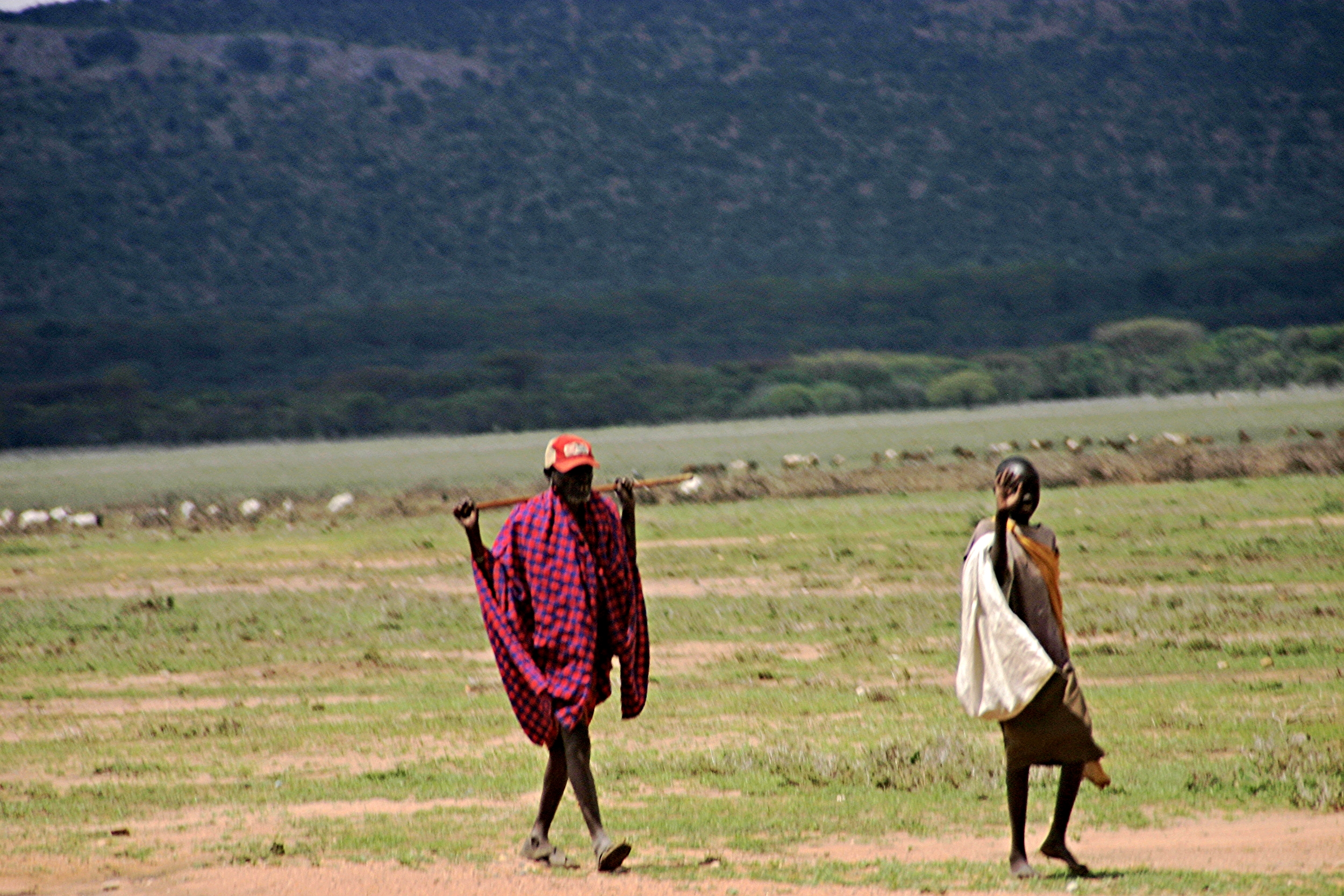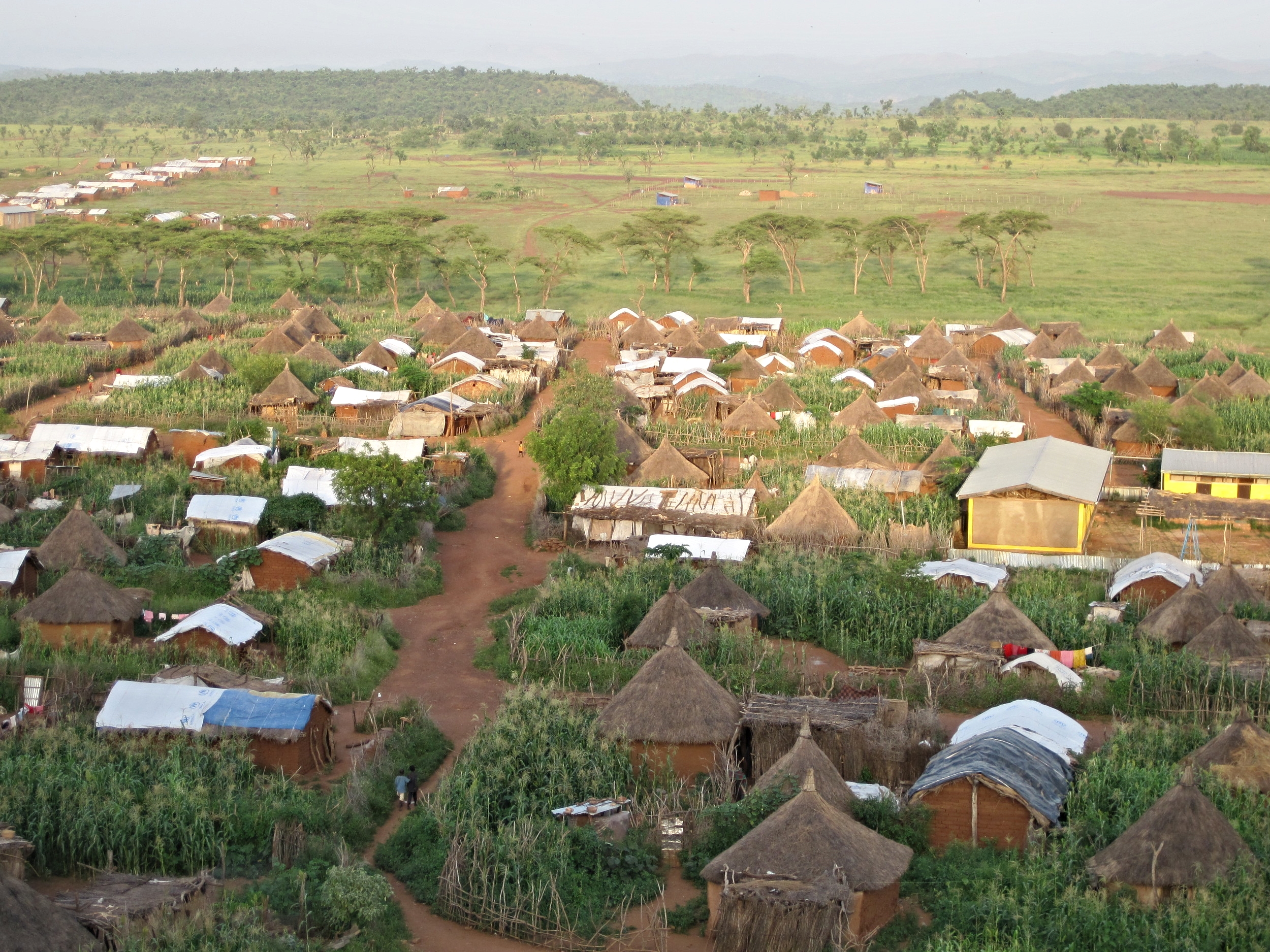What We Do
Founded in November 2015, Climate Refugees is independent, non-profit and created to bring attention and action to help people displaced as a result of climate change. Although used here, 'climate refugees' is not a term supported in international law. Just as the Refugee Convention protects those who are forced to flee their homes due to war, conflict and persecution, we at Climate Refugees believe the time has come to act now to ensure the international community stands ready to protect those who are forced to flee their homes or even their countries because of climate change.
Our reports that identify climate change as a driver of displacement provides a human lens on climate change, documenting human rights conditions side-by-side with political, social, economic, and conflict risk analysis. We identify cases, trends, gaps and policy recommendations, which we leverage to meet with governments, the United Nations and relevant international organizations, media and corporations to advance changes in policy and practice that promote better understanding and safeguard rights and protections.
Mission
Climate Refugees defends the rights of human beings displaced internally and across borders as a result of climate change. We document cases to shed light on human rights impacts, protection gaps, possible legal voids and advocate human rights-based solutions for the creation of policies and legal norms that protect those impacted by all effects of climate change-induced displacement and migration.
What We Bring
Research
The world has changed dramatically since the adoption of the 1951 Refugee Convention, and so too have the dynamics of displacement.
Significant scientific evidence exists to suggest that climate change is impacting our planet, posing adverse effects to human lives. However, we lack details on issues faced and the numbers of people displaced across borders as a result of climate change in all its forms - from environmental degradation to natural disasters. Climate Refugees exists to close that gap. We believe that policies shift when field evidence is heard.
At Climate Refugees, we travel the world, listening and speaking to those displaced across international frontiers by climate change. Through our in-country, regional and thematic research that documents the human rights implications and humanitarian consequences of displacement, Climate Refugees strengthens existing advocacy initiatives with actual evidence.
“I am convinced that climate change will increasingly be a driver in worsening displacement crises in the world. ”
Experience
Utilizing our expertise and years of experience conducting field interviews, legal, political and risk analysis, we advance advocacy through our documented research and evidence to support stronger lobbying and policymaking.
Our field reports offer political, social and economic risk analysis vis-à-vis resource wars, food security, ethnic, religious and political tensions created or exacerbated by cross-border displacement, while always offering the perspectives of affected communities.
Advocacy
Our advocacy efforts are informed by evidence from affected communities. Through our educational and awareness raising, campaigns and reports, we shine a light on the problems faced by displaced populations and engage the public and policymakers for meaningful action to help those in need.
We coordinate advocacy initiatives with global citizens, UN, civil society, government, legal and environmental experts to develop and support actions that build towards a meaningful framework that protects people who are displaced by climate change.
“In the case of cross-border movement, we are looking at a gaping legal hole. ”
Climate change affects all but has the capacity to adversely affect the most vulnerable places on the planet, impacting the livelihoods and security of many around the world. Thus, we also work with partners in international human rights, the humanitarian system and security sectors to strengthen response, mitigation, adaption and protection mechanisms that limit internal and external displacement.
The issue of climate change displacement is global, but the response must be met locally, regionally and globally. We work with stakeholders at all levels and advocate for policies and programs that protect, prevent and mitigate.




